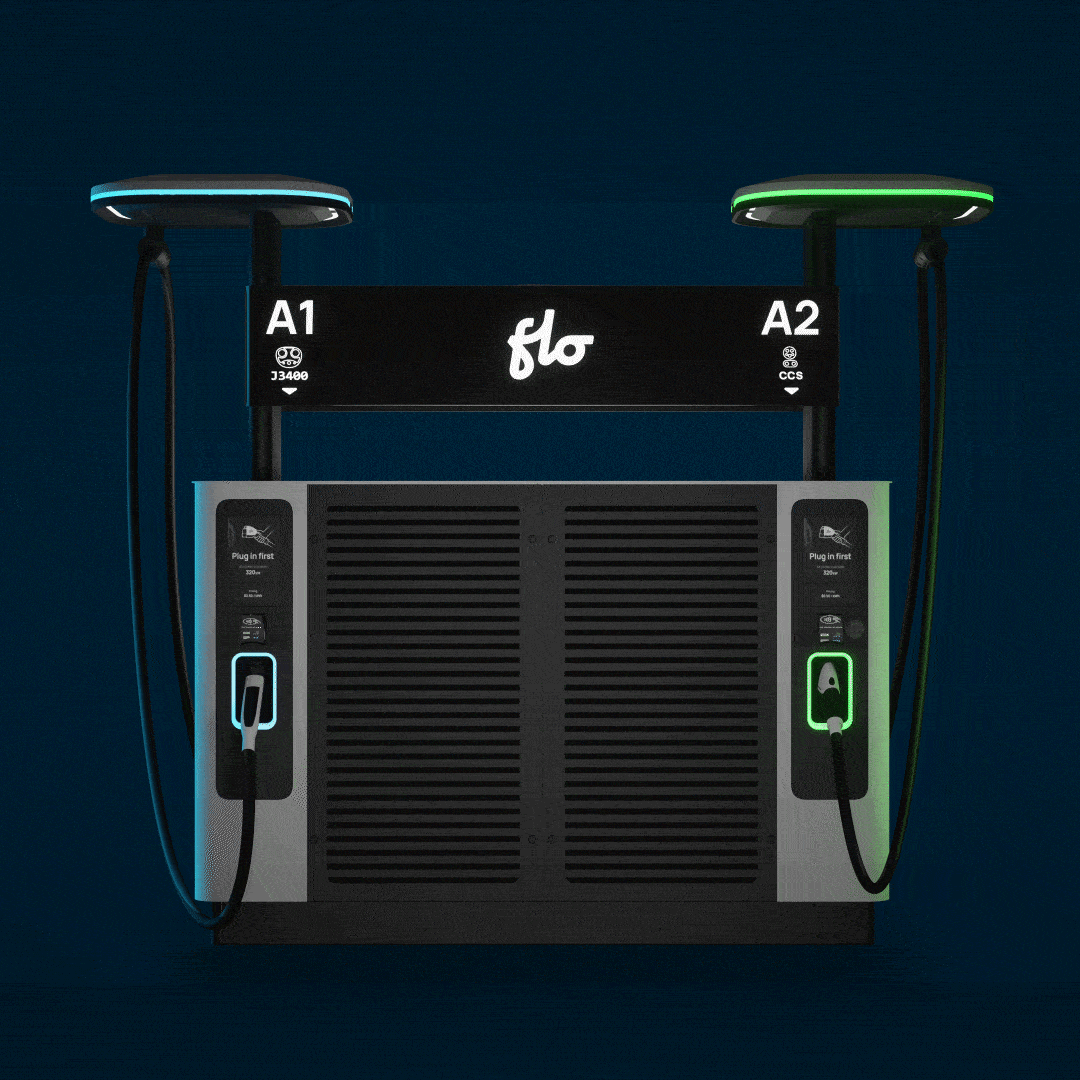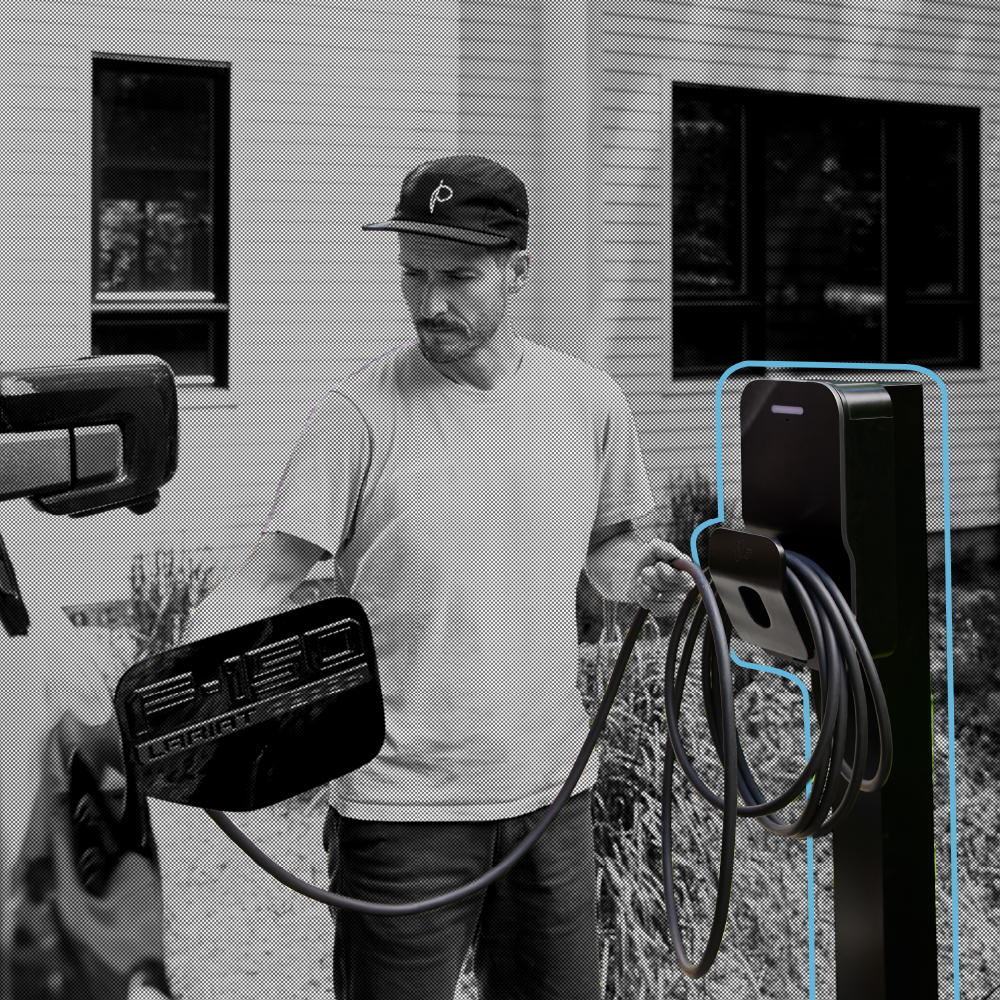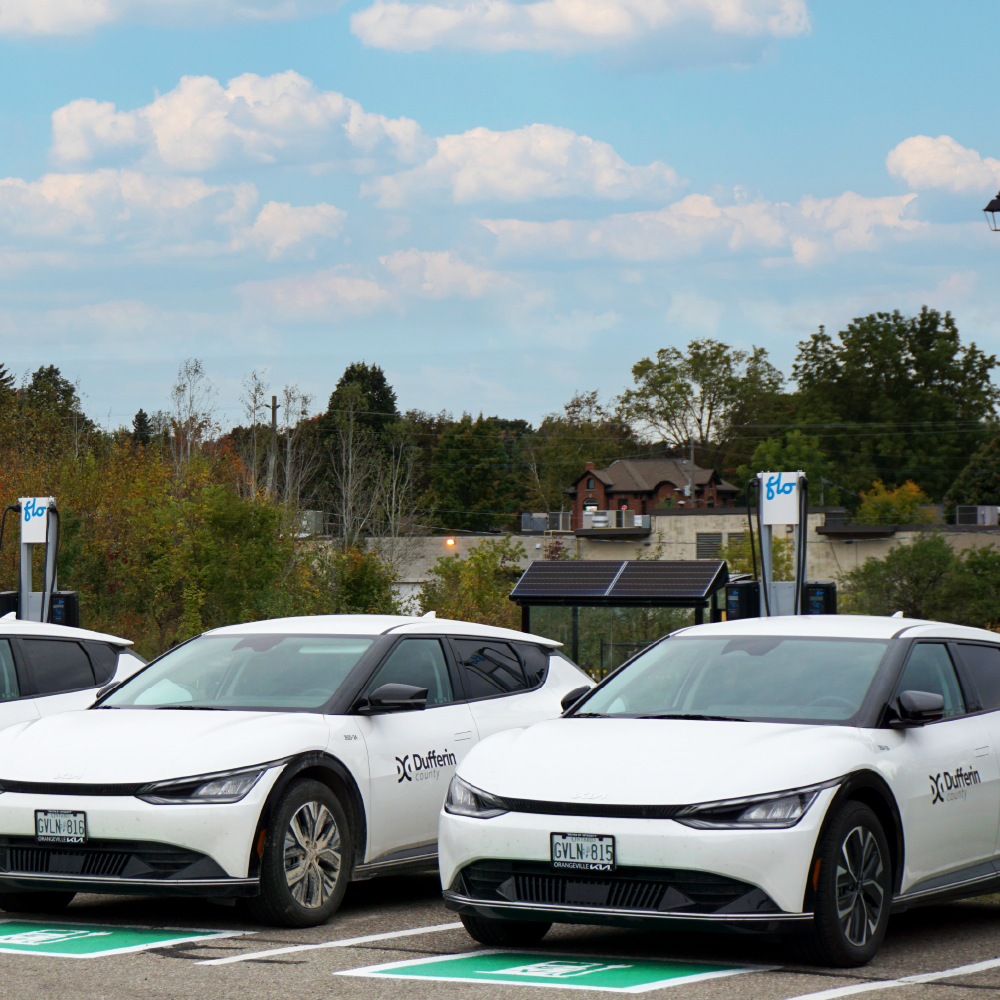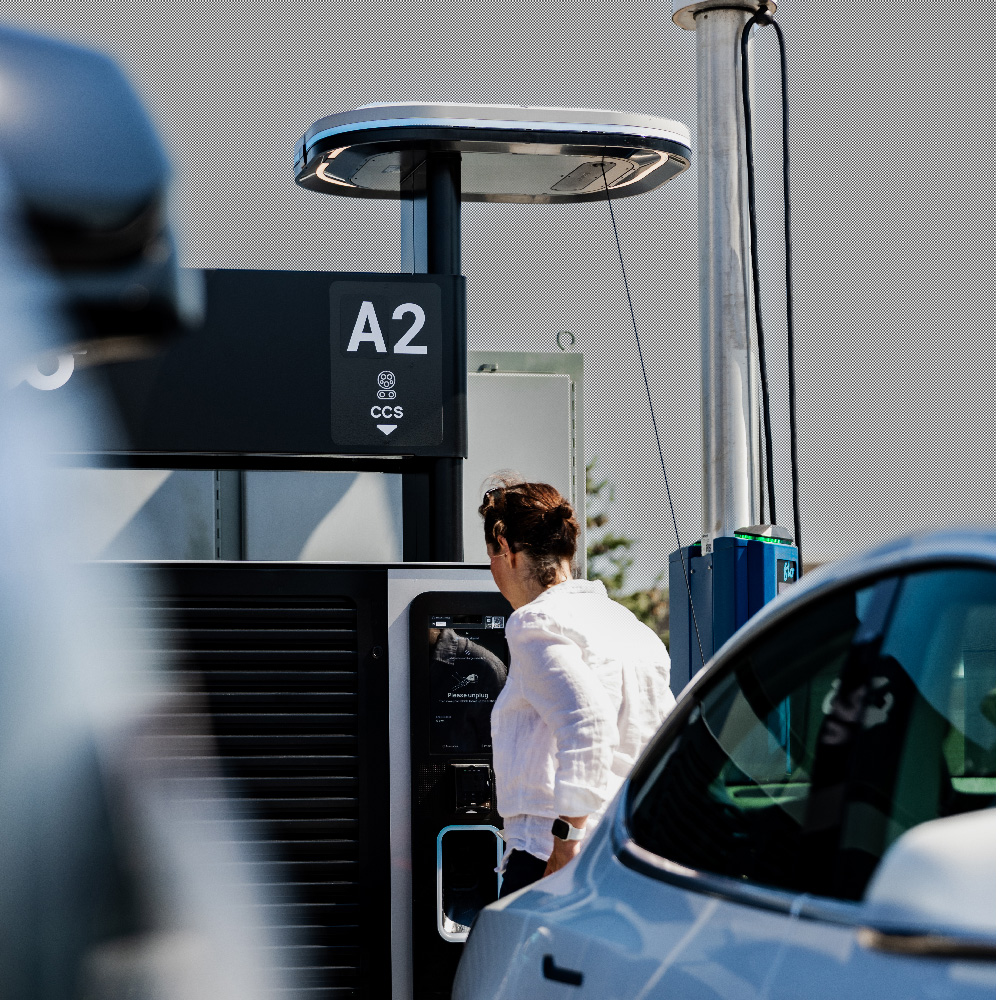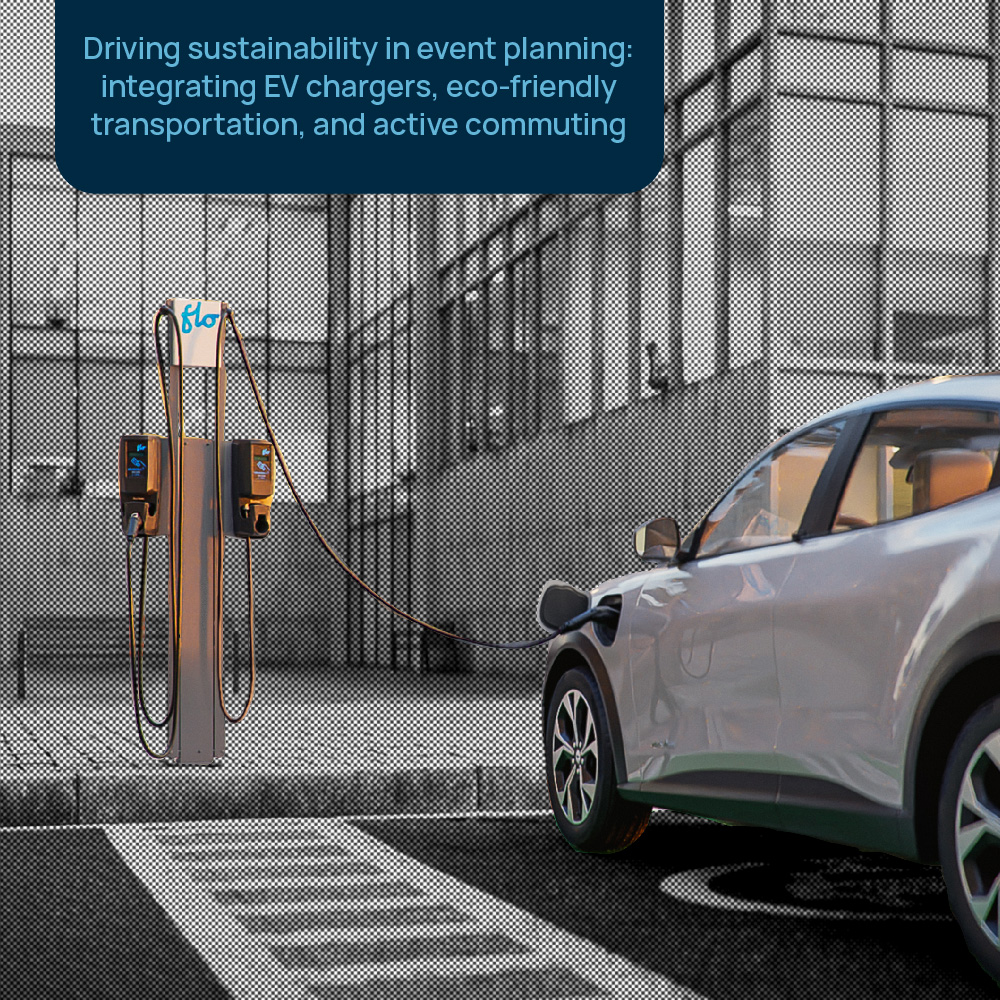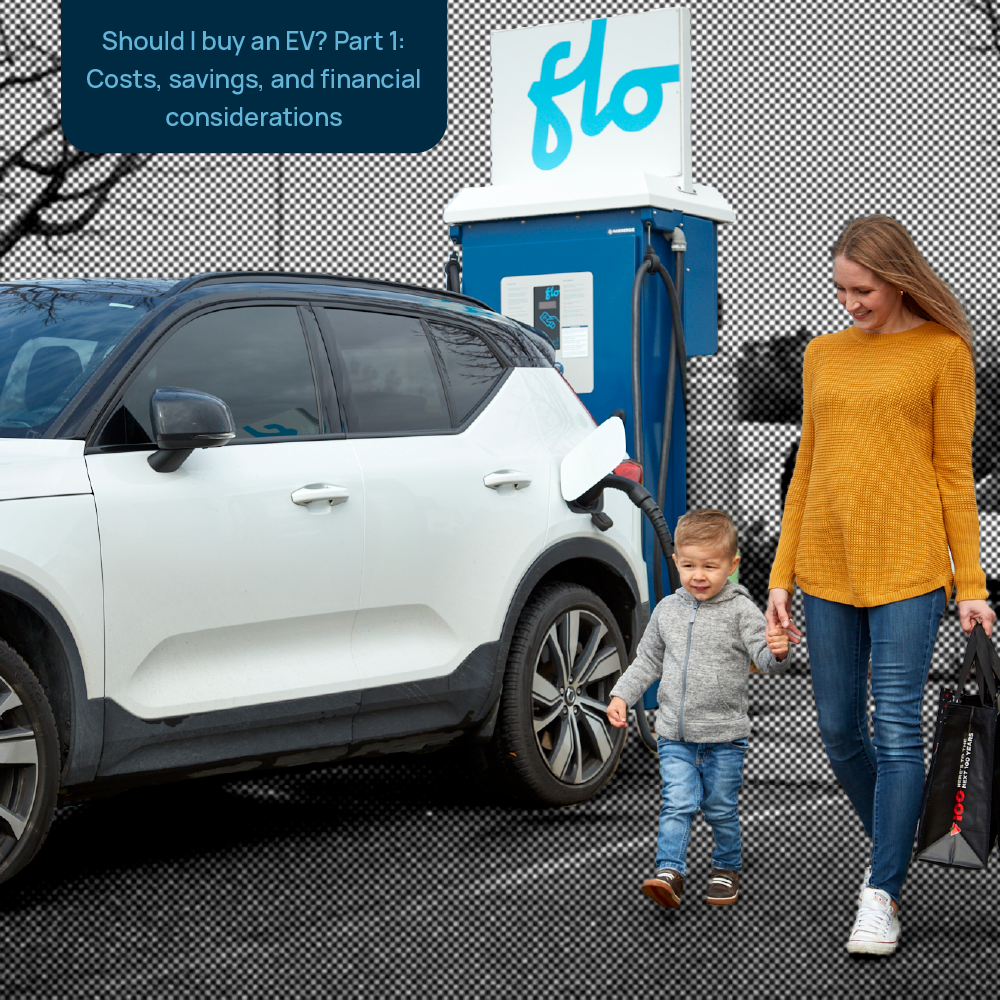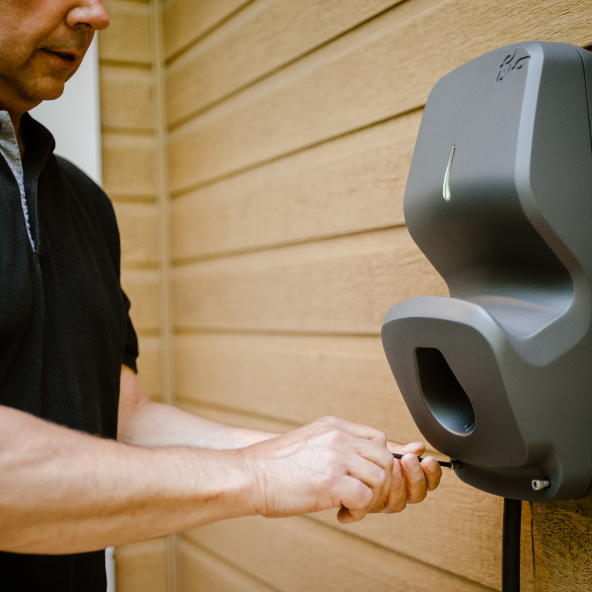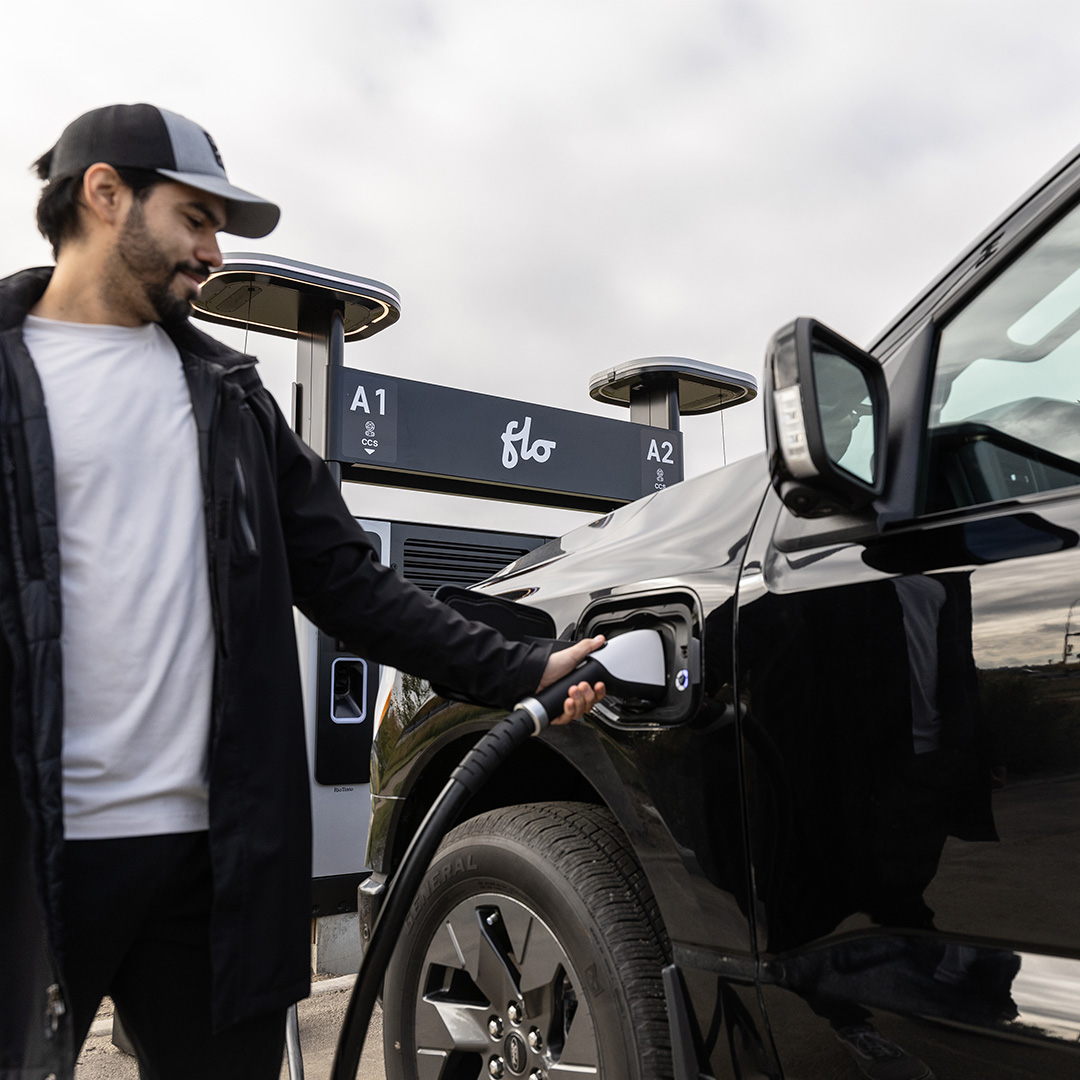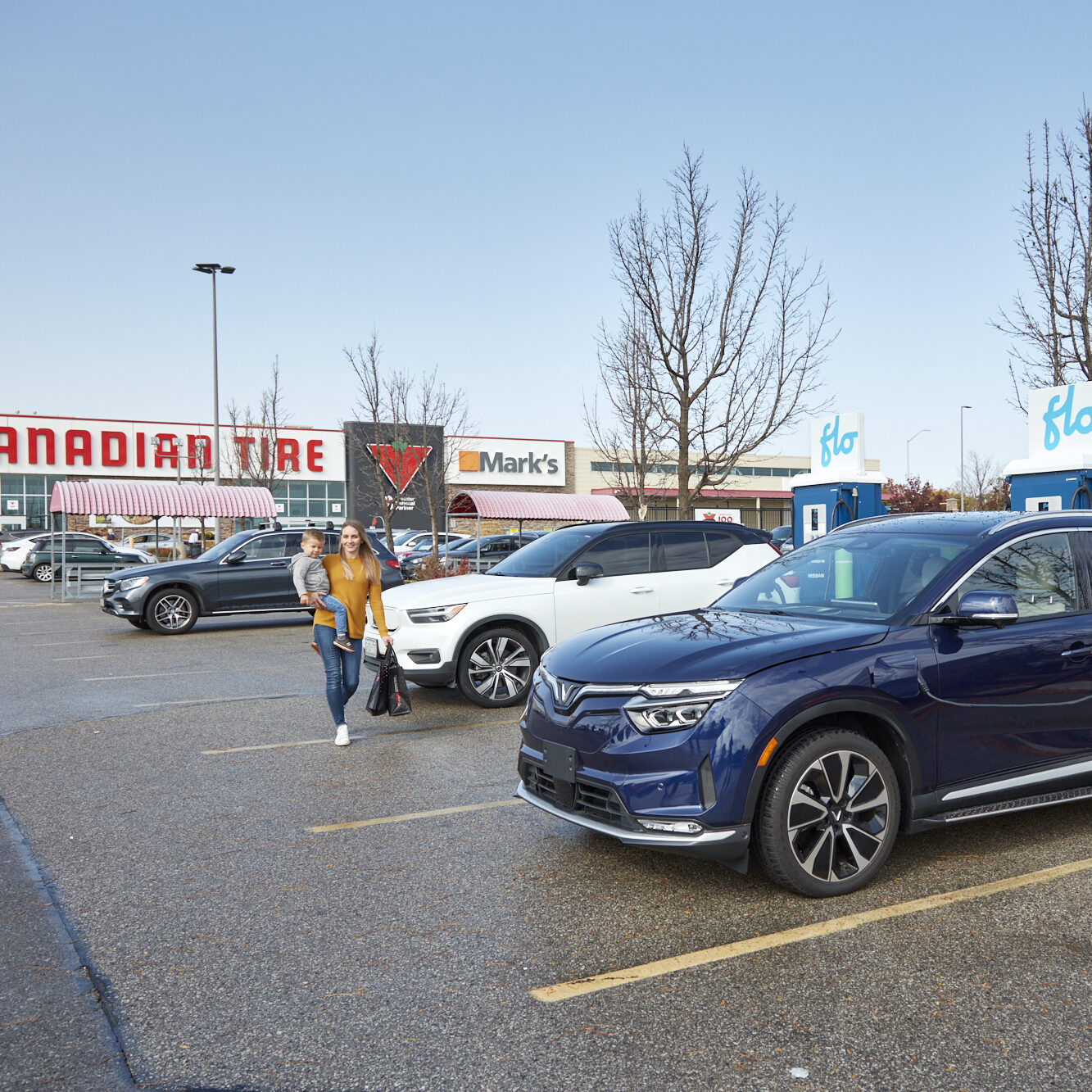- For EV Drivers
- For Business
- Incentives
- Alberta incentives
- British Columbia incentives
- Manitoba incentives
- New Brunswick incentives
- Newfoundland and Labrador incentives
- Northwest Territories incentives
- Nova Scotia incentives
- Nunavut incentives
- Ontario incentives
- Prince Edward Island incentives
- Quebec incentives
- Saskatchewan incentives
- Yukon incentives
- Products
- Insights
- Company
- Shop now
Is an 80-amp EV home charger right for you?
As more people switch to electric vehicles (EVs), the question of how to charge them efficiently becomes more important. EV chargers, specifically home chargers, play a vital role in keeping your car ready to hit the road whenever you are. But with so many options available, how do you know which charger is right for you? Most homeowners opt for Level 2 chargers that offer 40-50-amps, providing a solid balance between charging speed and cost. However, for those with high-performance EVs that can handle it, an 80-amp (80 A) charger offers significantly faster charging times. Today, we’re diving into the world of 80-amp home EV chargers to help you decide if this powerful option is the right fit for your vehicle and lifestyle.
What is an 80-amp charger?
An 80-amp charger is the most powerful home EV charging option available. In fact, it’s fairly new for this type of power to be at home as this has previously been reserved for commercial use. But, as EV battery sizes and power capabilities have grown, there is a growing demand for higher power home chargers to help charge these bigger battery vehicles faster. An 80-amp falls under the category of Level 2 chargers, which offer significantly faster charging times than Level 1 chargers that plug into a standard electrical outlet. For comparison, based on top-selling EV models, Level 1 chargers provide about 1.3 to 2.4 kW output (5-8 km of range per hour), while most Level 2 chargers range from 30-50 amps with a 7-12 kW output (up to 64 km of range per hour*).
*Based on top-selling EVs of 2024 as of Oct 15, 2024.
An 80-amp home charger goes a step further, providing a 19.2 kW output, offering the maximum charging capacity for vehicles that can handle it.
Benefits of 80-amp chargers for the right cars
Let’s look at a hypothetical high-mileage EV driver named Travis who just bought a new Chevy Silverado EV. He relies on his vehicle for daily commutes and weekend trips. What will he gain by going with an 80-amp charger over a 50-amp charger?
- Significantly reduced charging times: Travis drives a truck that accepts up to 19.2 kW, so he will experience a noticeable reduction in charging time. For example, with a 50-amp charger, it might take around 10.5 hours to go from 20-80%, whereas it would only take about 6.5 hours with an 80 amp charger. That’s well over 33% faster! The time savings may be critical to Travis who depends on his EV every day and might need to charge up quickly to run errands or ensure the kids get picked up in the evening.
- Convenience and efficiency: The larger the battery, the more advantageous the 80-amp charger becomes. Travis not only racks up a lot of miles, but he’s often towing a trailer and powering up tools from his truck on the job site. The 80-amp charger helps ensure that his truck is ready when he needs it. For those who drive long distances regularly with one of these high-performance vehicles, the ability to charge the truck in just a few hours instead of overnight can be a game-changer.
- Future proofing: Not all EVs on the market can accept 19.2 kW, so Travis is already ahead of the curve with his high-performance vehicle. With EVs rapidly evolving, there will be newer models featuring larger batteries and faster charging capabilities in the upcoming years. Investing in an 80-amp charger now means he’ll be ready for future EV models as battery technology continues to advance. This charger helps ensure there isn’t a need to upgrade again in a few years, even if the next vehicle has a bigger battery or faster charging needs.
Vehicle compatibility: not all EVs can take the power!
It’s important to note that while bigger usually sounds better and 80 amps might sound like the best option, not all EVs can handle this much power. At the time of writing, many current electric vehicles have maximum onboard charging speeds of up to 12 kW and can’t fully utilize 19.2 kW, which is what an 80-amp charger offers.
For instance, popular vehicles like the Nissan Leaf, Tesla Model 3 and the VW ID.4 max out well below 80 amps, so upgrading to a more powerful charger won’t speed up your charging times. On the other hand, certain models of the Audi SQ8 e-tron, Cadillac Escalade IQ, Cadillac Lyriq, Cadillac Optiq, Chevrolet Silverado, Ford F-150 Lightning, GMC Hummer, GMC Sierra, Lucid Air, Porsche Taycan can take advantage of the full power**.
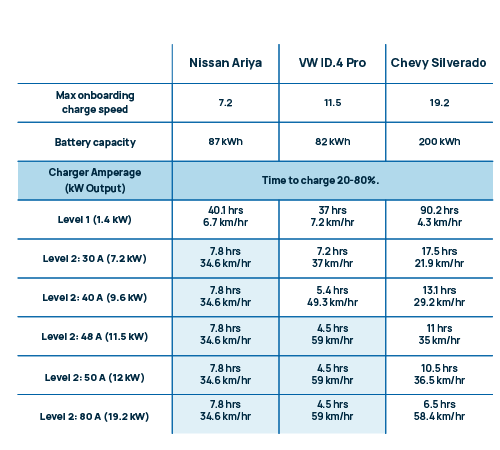
As you can see above, it makes sense to right size your charger to your vehicle. If you own or are considering one of the high-performance EVs, an 80-amp charger could be a perfect match.
**This list is not exhaustive. Please confirm directly with the vehicle manufacturer. Compiled as of Oct 15, 2024 based on manufacturer specifications and EVdatabase.org
Installation considerations
Before you jump in and purchase an 80-amp charger, you’ll need to consider whether your home’s electrical system can handle the extra load. An 80-amp charger requires a 100-amp circuit, and many homes may not be equipped for this. If your electrical panel doesn’t have enough room, you may need to upgrade your panel, install a subpanel or even upgrade your electrical service altogether, which can add to the installation cost. On the other hand, if you are already doing upgrades for an EV charger, it may make sense to shoot for 80-amps for future-proofing purposes.
Additionally, the higher power draw of an 80-amp charger might mean higher installation costs due to larger wire gauges needed. Make sure to get a quote from a licensed electrician to understand the total cost of upgrading to an 80-amp charger.
Conclusion
So, should you invest in an 80-amp home EV charger? If you own or plan to purchase a high-performance EV that can take full advantage of the 80-amp (19.2 kW) power output, it’s a fantastic option that will save you charging time and offer futureproofing as EV technology continues to evolve. However, if your EV can’t handle the higher power output, or your home’s electrical system isn’t equipped to support it, a lower-amp charger may be a better fit for your needs.
FLO Home EV chargers offer a range of home chargers to meet the needs of all EV drivers, including our high-performance 80-amp option.
Ready to upgrade your charging experience? Explore our products and find the right charger for your EV today!

